News
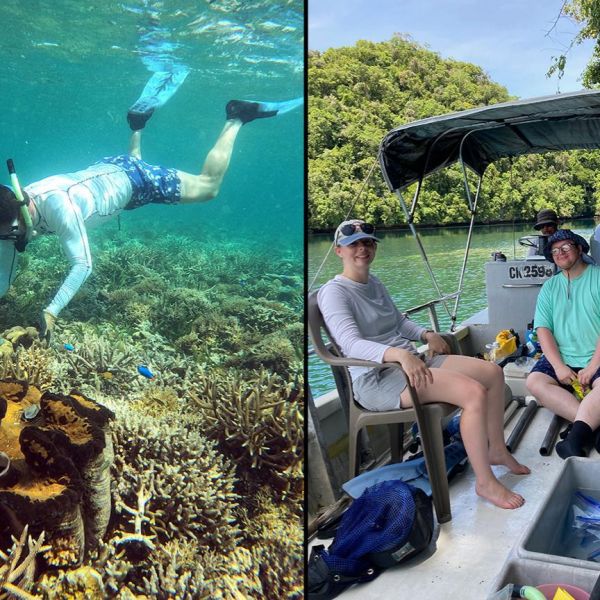
Nov 08, 2022
Professor of biology awarded Maskalick Biodiversity Seed Grant
Todd LaJeunesse, professor of biology at Penn State, was recently awarded the David G. Maskalick and Kathleen A. Maskalick Biodiversity Healthcare Seed Grant by the Eberly College of Science Office for Innovation.
Full Article
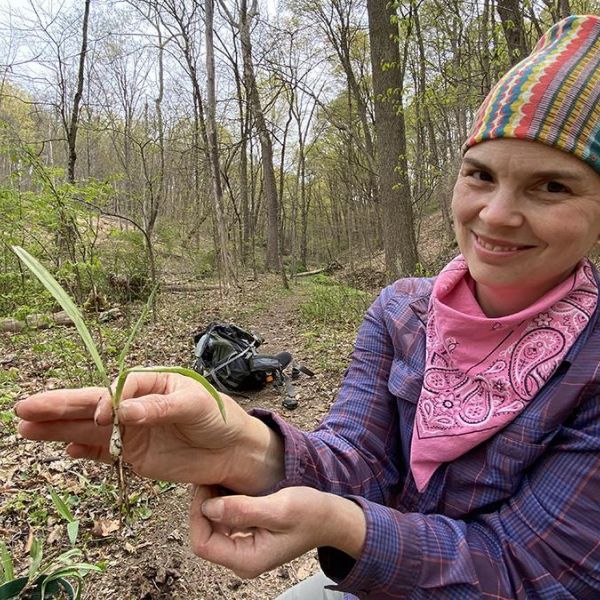
Nov 08, 2022
Ramped up: Higher demand for wild leeks has foragers overeager, threatens plant
Early spring enthusiasm for ramps — also known as wild leeks — may be causing lower plant yields and threatening communities of the forest herb, according to Penn State researchers.
Full Article

Nov 08, 2022
Penn State’s $1.034B in research expenditures has broad, wide-ranging impact
Penn State reached a record $1.034 billion in research expenditures during fiscal year 2021-22, an overall 4.1% increase from the previous year.
Full Article
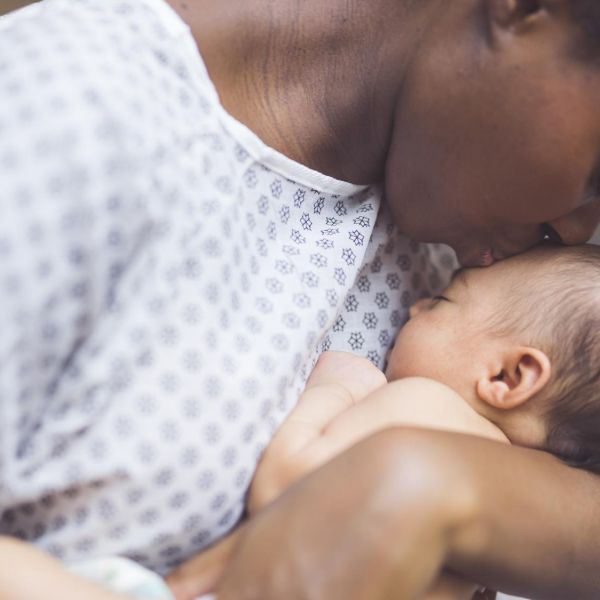
Nov 08, 2022
High-tech tool to perform low-cost health screening for newborns and mothers
In 2017, nearly 300,000 women died during or following childbirth, but most of those could have been prevented, according to the World Health Organization. Additionally, four million babies die each year before reaching their first birthday.
Full Article
Nov 07, 2022
Center for Human Evolution and Diversity accepting grant applications
The Center for Human Evolution and Diversity at Penn State (CHED) is currently accepting proposals for grants available from the center for the 2022-23 and 2023-24 academic years.
Full Article
Nov 07, 2022
Postdoctoral Research Symposium to be held Dec. 9
The Penn State Office of Postdoctoral Affairs has announced the 15th annual postdoctoral research symposium, highlighting timely themes of diversity, equity, agency and mental health, along with the best work of postdoctoral scholars and fellows.
Full Article
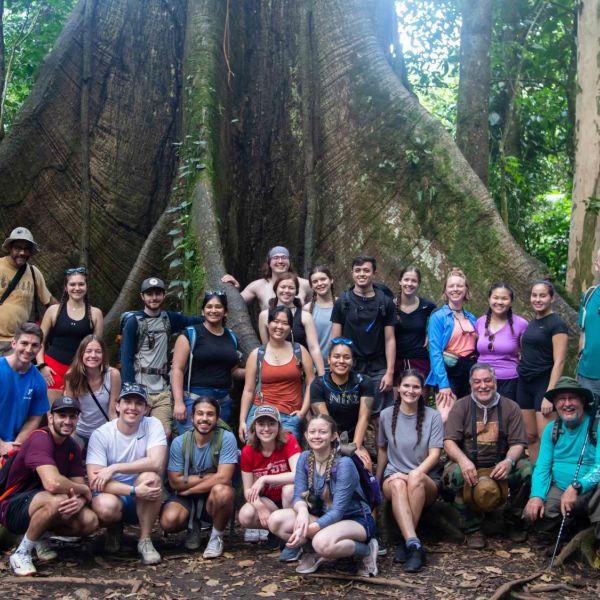
Nov 03, 2022
Study abroad returns to the Eberly College of Science
After a nearly two-year hiatus, study abroad programming has returned for Penn State students in the Eberly College of Science. Students across a variety of majors had opportunities in both Costa Rica and Italy in the 2021-22 academic year.
Full Article

Nov 02, 2022
Ancient genomes reveal hidden history of human adaptation
It is widely believed that the genetics of our human ancestors did not change in response to environmental pressures as much as that of other animals. However, a new study comparing modern human genomes with ancient human DNA finds that certain genetic changes in humans may have been more common than previously thought.
Full Article
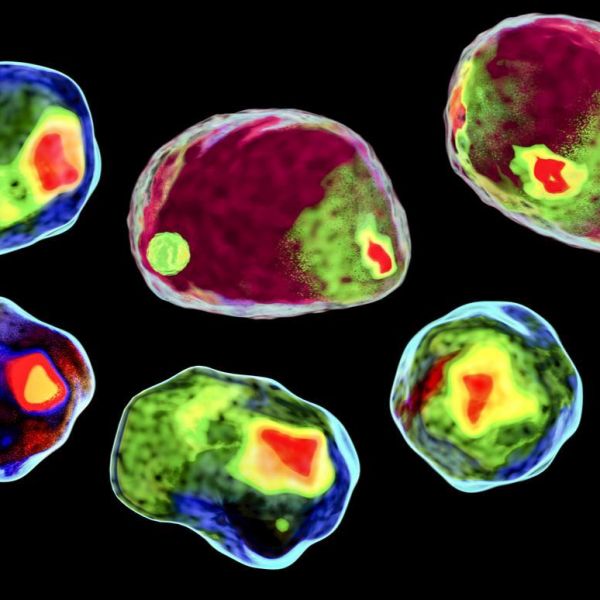
Nov 02, 2022
Flow Cytometry Core Facility provides cell analysis expertise to scientists
The Penn State Flow Cytometry Core Facility on the University Park campus, is equipped with flow cytometers and cell sorters that enable researchers to examine suspended cells within the size range of the submicron to 50 micron. One micron is one thousandth of a millimeter.
Full Article
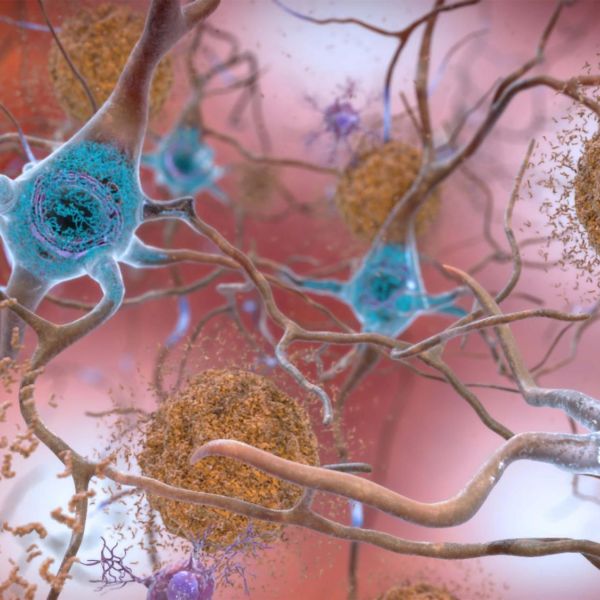
Nov 02, 2022
Two Alzheimer’s drugs tested head-to-head in first-ever virtual clinical trial
An estimated 6.2 million Americans ages 65+ are living with Alzheimer's disease. The national Alzheimer's Association predicts the number to grow to 13.8 million by 2060, barring the development of medical breakthroughs that would prevent, slow or cure the debilitating disease.
Full Article